zinc behaves as a signaling molecule to facilitate regulation of infection by slowing down and controlling immune response which can cause excessive inflammation. Zinc is an important micronutrient that is vital for a variety of cell activities. In fact, zinc deficiency can leave people susceptible to numerous pathogens. There is increasing evidence that indicates zinc behaves as a signaling molecule to facilitate regulation of infection by slowing down and controlling immune response which can cause excessive inflammation. For example, there was a study conducted by Ohio State University on the effects of zinc on sepsis which is a systematic response to infection that can lead to death of intensive care unit patients. The study presented that a there is a protein that initially responds to infected cells within the body. This protein effectively attracts zinc into the infected cell which allows zinc to disrupt the harmful interaction of the pathogen against the healthy cell. For this same reason, zinc has also been proven to be effective against initial infection against colds and other viruses. However, the efficacy of zinc on viruses is highly significant as a preventative measure, meaning there must be zinc already in the body in order reduce the effects of harmful pathogens. Recommended Daily Intake Table (Zn) Source: Health Canada; Dietary Reference Intake Tables (2006). Accessed June 23, 2017 Zinc Containing Foods Table Source: Health Canada; Dietary Reference Intake Tables (2006). Accessed June 23, 2017 Other Significant Food Sources of Zinc: Eggs - Approximately 0.55 mg of zinc per 1 large egg Seeds - Approximately 13 mg of zinc per 30 grams hemp seeds Nuts - Approximately 1.7 mg of zinc per 28 grams cashew Dark Chocolate - Approximately 3.3 mg of zinc per 100 grams bar Fruits, Vegetables & Whole Grains – Some fruits and vegetables contain low to moderate amounts of zinc (i.e. potatoes – 1mg zinc per potato). Whole grains contain zinc; however, absorption is reduced due to zinc-binding phytates. Zinc Supplements Supplementing with zinc is effective way to increase consumption and absorption of the nutrient and especially beneficial for those that are zinc deficient. You should always consult a physician before taking a zinc supplement. Please contact us for further details regarding our supplements. Types of Zinc Different salt forms provide different amounts of elemental zinc. Zinc sulfate contains 23% elemental zinc; 220 mg zinc sulfate contains 50 mg zinc. Zinc gluconate contains 14.3% elemental zinc; 10 mg zinc gluconate contains 1.43 mg zinc. Symptoms of Zinc Deficiency
By: Haninder DhillonCo-owner of DRS Phsyio & Wellness and DRS Mobile Therapy DRS Physio & Wellness is a well-established leader in the rehabilitation field. Our expert practitioners have over 15 years of experience and strive to provide the highest level of care so you can reach maximum recovery from injuries and other health-related problems. Please visit us for more information.
2 Comments
|
BLOG Owner:
Co-owner of DRS Physio & Wellness and DRS Mobile Therapy. Archives
February 2024
Categories
All
|
|
PROUDLY CANADIAN OWNED & OPERATED
Copyright 2023 DRS Physio & Wellness. All rights reserved.
Disclaimer: All information is intended for your general knowledge only and is not a substitute for medical advice or treatment. You should seek medical care immediately for any specific health issues. Use of this online service is subject to the Disclaimer and the Terms of Service.
Webmaster and Designer contact: [email protected]
PRIVACY POLICY
Copyright 2023 DRS Physio & Wellness. All rights reserved.
Disclaimer: All information is intended for your general knowledge only and is not a substitute for medical advice or treatment. You should seek medical care immediately for any specific health issues. Use of this online service is subject to the Disclaimer and the Terms of Service.
Webmaster and Designer contact: [email protected]
PRIVACY POLICY
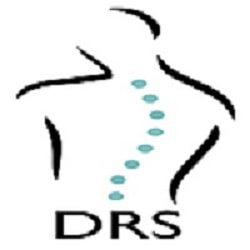
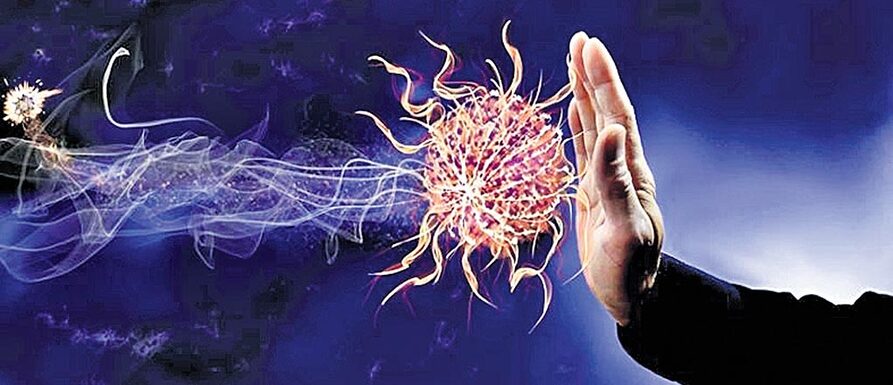
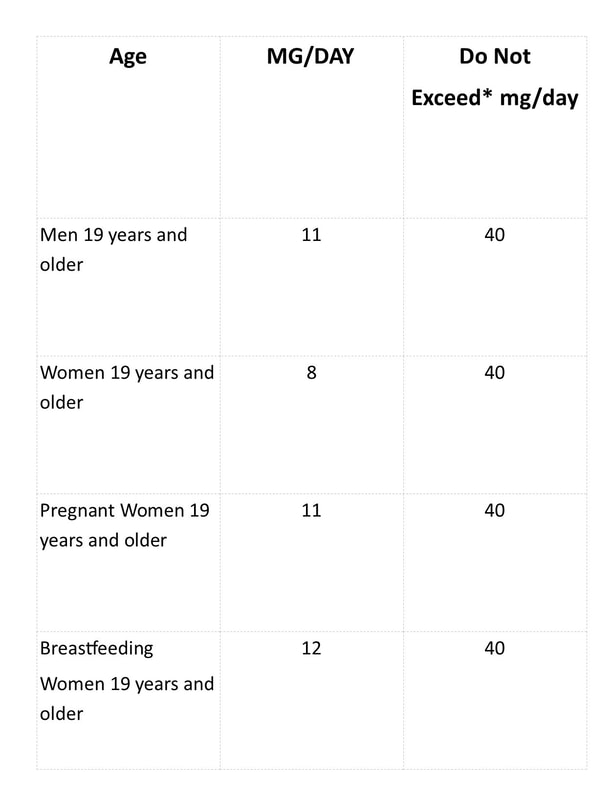
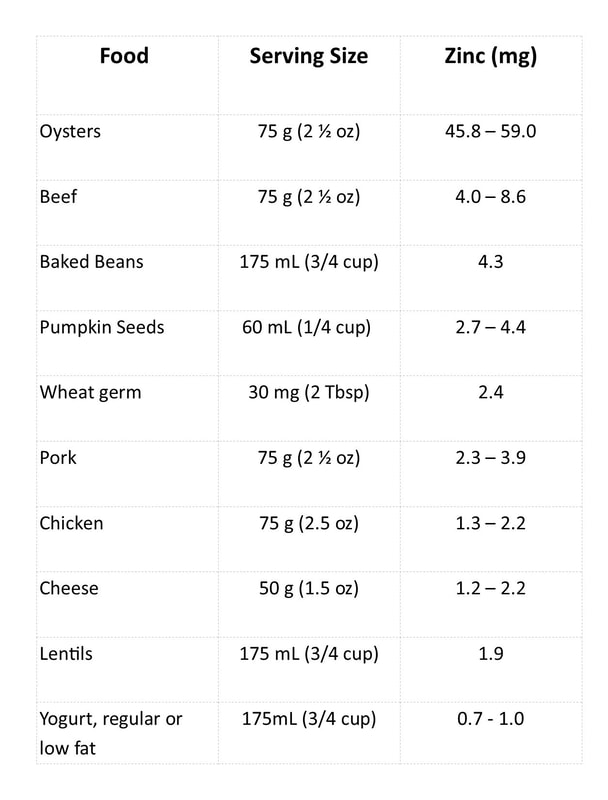
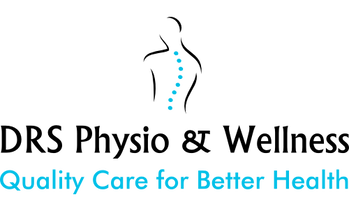
 RSS Feed
RSS Feed